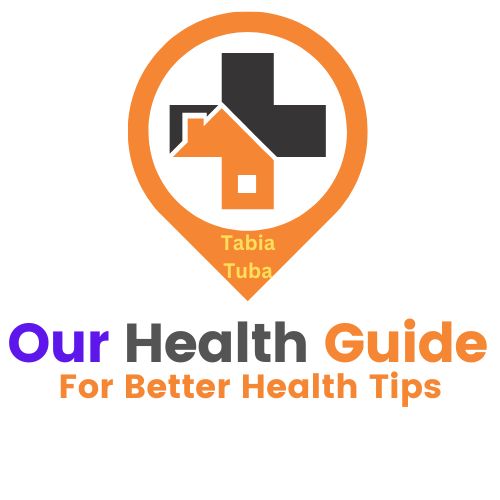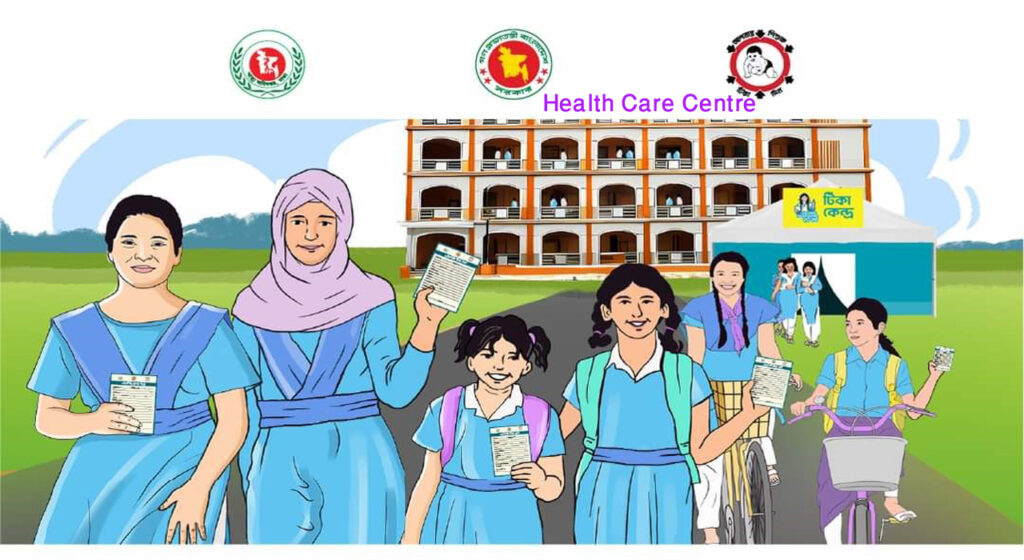Family Health Tips for All Ages
Maintaining family health tips across different age groups requires a tailored approach to meet the unique needs of each group: men, women, children, and those over 50. This family health tips guide offers practical tips to promote well-being in every family member, ensuring a healthier and happier household.
Family Health Tips for Men
- Nutrition: Men should focus on a balanced diet rich in vegetables, fruits, lean proteins, and whole grains. Incorporating foods high in antioxidants, like berries and nuts, can help combat oxidative stress. Lean meats, fish, and legumes provide essential proteins and omega-3 fatty acids for heart health. Reducing processed foods and limiting sugar intake are also crucial.
- Physical Activity: Regular exercise is vital for maintaining cardiovascular health, muscle strength, and overall fitness. Aim for at least 150 minutes of moderate aerobic activity or 75 minutes of vigorous activity per week, combined with muscle-strengthening exercises on two or more days. Activities like brisk walking, jogging, cycling, or strength training can be very beneficial.
- Preventive Care: Regular check-ups with a healthcare provider are important. Men should monitor blood pressure, cholesterol levels, and blood sugar, especially if there’s a family history of heart disease or diabetes. Prostate health should also be monitored as men age.
- Mental Health: Stress management is crucial. Techniques such as mindfulness, meditation, and regular social interaction can help alleviate stress and improve mental well-being. Seeking professional help for mental health issues should not be stigmatized.
- Sleep: Adequate sleep is essential. Men should aim for 7-9 hours of quality sleep per night. Establishing a regular sleep schedule and creating a restful environment can improve sleep quality. The best family health tips for men.
Family Health Tips for Women
- Nutrition: Women need a diet rich in iron, calcium, and folic acid. Foods like leafy greens, nuts, seeds, and lean proteins are excellent choices. Adequate calcium intake is crucial for bone health, especially as women age and face the risk of osteoporosis. Regular consumption of fortified cereals and dairy products can help.
- Physical Activity: Women should engage in a mix of aerobic exercises and strength training. Activities like walking, swimming, and yoga can improve cardiovascular health, flexibility, and overall strength. Aim for at least 150 minutes of moderate-intensity aerobic activity each week, along with muscle-strengthening activities.
- Preventive Care: Women should have regular gynecological exams, including Pap smears and mammograms as recommended by their healthcare provider. Monitoring reproductive health and managing menstrual symptoms or menopause-related issues is important.
- Mental Health: Women often juggle multiple roles and responsibilities, which can impact mental health. Practices such as journaling, talking to friends, or seeking professional counseling can be beneficial. Ensuring time for relaxation and hobbies can help maintain emotional balance.
- Sleep: Quality sleep is crucial for women’s health. Aim for 7-9 hours per night and establish a consistent sleep routine. Managing stress and creating a peaceful sleeping environment can enhance sleep quality. The better family health tips for women.
Family Health Tips for Children
- Nutrition: Children need a balanced diet to support their growth and development. Include a variety of fruits, vegetables, whole grains, lean proteins, and dairy products in their meals. Limiting sugary snacks and drinks is important to prevent obesity and dental issues.
- Physical Activity: Encourage at least 60 minutes of physical activity each day. Activities can include outdoor play, sports, or even dancing. Physical activity helps with healthy growth, development, and weight management.
- Preventive Care: Regular pediatric check-ups and vaccinations are essential. Ensure that children receive their immunizations according to the recommended schedule and monitor their developmental milestones.
- Mental Health: Emotional and mental well-being is critical. Encourage open communication, provide a supportive environment, and be aware of any changes in behavior. Activities like drawing, playing, or talking can help children express their feelings.
- Sleep: Establish a consistent bedtime routine and ensure that children get the recommended amount of sleep for their age. Good sleep habits contribute to better mood, concentration, and overall health.
Family Health Tips for Those Over 50
- Nutrition: A diet high in fiber, vitamins, and minerals is crucial. Include plenty of fruits, vegetables, whole grains, and lean proteins. Calcium and vitamin D are important for bone health, while omega-3 fatty acids support heart health. Managing portion sizes and reducing salt and sugar intake can help with weight management and blood pressure.
- Physical Activity: Regular exercise is essential for maintaining mobility, muscle strength, and balance. Activities such as walking, swimming, and strength training can help prevent falls and manage chronic conditions. Aim for at least 150 minutes of moderate-intensity aerobic activity each week.
- Preventive Care: Regular screenings for conditions such as high blood pressure, diabetes, cholesterol levels, and certain cancers (like colorectal and breast cancer) are important. Annual flu shots and other vaccinations can help prevent illnesses.
- Mental Health: Cognitive health can be supported by engaging in mentally stimulating activities, staying socially active, and managing stress. Hobbies, learning new skills, and maintaining social connections are beneficial for mental sharpness and emotional well-being.
- Sleep: Quality sleep remains important as people age. Aim for 7-8 hours per night and address any issues like insomnia or sleep apnea with a healthcare provider. Establishing a calming bedtime routine can improve sleep quality.
Conclusion
Promoting family health tips within a family requires attention to the specific needs of each age group. By adopting a balanced diet, engaging in regular physical activity, attending preventive check-ups, managing mental health, and ensuring adequate sleep, family health for family members can lead healthier lives. Each age group has unique requirements, but the core principles of good nutrition, exercise, and self-care apply universally. Taking a proactive approach to family health can help ensure that every family member enjoys a long, vibrant, and fulfilling life.

